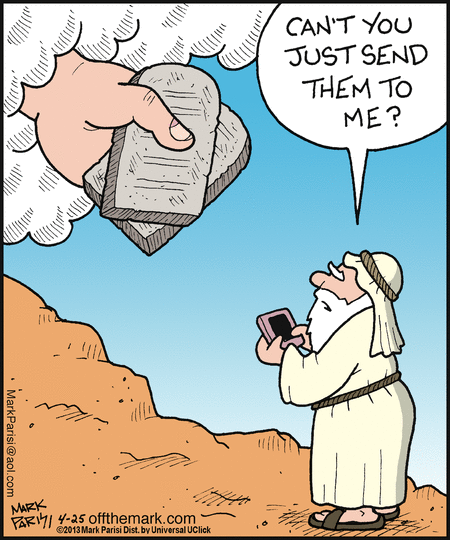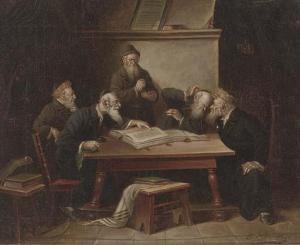Makos 14b
- We spoke about the difference of a Gezera Shava (two similar words in the Torah, – similar laws, similar verdicts) as opposed to a Kal Vachomer (a fortiori).
The Gemara states that a person cannot “create” a new Gezera Shava; ” Ein Adam Dan Gezera Shava M’atzmo  (No one may draw a conclusion from analogy upon his own authority)”. One must have received it from his teacher and his teacher from his teacher etc.. all tracing it back to Moshe Rabeinu.
(No one may draw a conclusion from analogy upon his own authority)”. One must have received it from his teacher and his teacher from his teacher etc.. all tracing it back to Moshe Rabeinu.
The Ramban explains the reason for this is because in the Torah there are many duplicated words and if every person will make his own analogy’s there is no limit to where this might lead.

Nevertheless we find arguments concerning Gezera Shava’s. One of the reasons explaining this conundrum is that over the years the exact words used in a Gezera Shava have been forgotten.
Alternatively, the original Gezera Shava was given at Sinai in a general way allowing different opinions as to the exact words.

For example, it was said that two Mitzvos have similar words and therefore the rules of one apply to the other. However it was never stated where in the Torah is this particular word. Therefore we find Machlokes about which word it alludes to, etc….
Tosfaos writes that each ‘school’ had a Kabalah of the total amount of Gezera Shava’s that were transmitted by Moshe. Thus each school was unable to accept a Gezera Shava (claimed to have been received) by another ‘school’ because then the total number would exceed their received total.
2: See previous Shiur regarding the Machlokes between the Ramabam and Raav’ad if someone did not have a bris.

Reb Elchonon Wasserman (who is seen in the recent video) explains the machlokes in a unique way:

According to the Ramabam, a person is only Chayav Kares at the last second before he dies. In other words during his whole life period he was never in state of Kares until the last moment.
However according to the Raava”d every day you that you don’t have a bris, you are chayav kares (if you eventually get a bris you fix the sin retroactively and you are patur) but ultimately this man is a walking “kares”.

Reb Elchonon explains that there is a nafka mina l’halacha between the two:
What happens if someone at the last moment of his life he was an Ones, i.e. it was impossible for him to have a bris at that time?
According to the Ramabam because kares is only applied at the last moment and at the last moment it was not possible for him to have a bris, he will be patur from kares.
According to the Raava”d however, since he was always chayav kares, the last moment of his life is only considered the last time he a chance to fix the sin, but Kares was always there. Therefore the fact that he was an ones at the end is insignificant and thus this person lived and died with Kares.

3- If a Jewish uncircumcised male surgically changes his gender……he cannot obviously be circumcised. He then walks into a Chabad House…. one would assume that according to both above opinions he is a “daily kares” candidate……
S’iz nishto mit vos…….
See below:
http://daattorah.blogspot.com/2013/01/tzitz-eliezar-sex-change-by-surgery.html